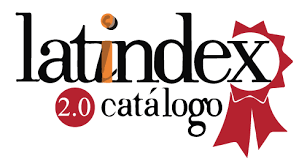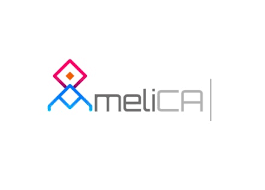Conducting an Empowerment Evaluation Project in the Area of Health Care Services: An Innovative Methodology
DOI:
https://doi.org/10.35305/revistairice.v20i20.518Resumen
Empowerment evaluation, as a core concept in the fields of community psychology and health
promotion, refers to the ways in which individuals, groups and/or communities gain influence over the activities in which they choose to work, and over the decision-making processes that these entail, augmenting the capacity to self manage their lives. This article explores the concept of empowerment as a framework for managing projects in the health care services. The case study shows a two-year pilot project conducted in Hamburg, Germany, outlining an innovative approach towards combining experiential and professional expert knowledge in the field of clinical practice. We analyze and discuss the ways in which patient participation can be strengthened by making public the criteria or standards by which hospital treatment is oriented; we also discuss the implications of such a turn. “Quality standards for self-help-friendly hospitals“ were developed, implemented and evaluated in collaboration amongst hospitals and patient organizations for those who suffer chronic diseases, and lead to a qualifying certificate (“Self-help-friendly Hospital“) awarded to those hospitals which succeeded in their performance.
Descargas
Descargas
Publicado
Cómo citar
Número
Sección
Licencia
Aquellos autores/as que tengan publicaciones con esta revista, aceptan los términos siguientes:
- Los autores/as conservarán sus derechos de autor y garantizarán a la revista el derecho de primera publicación de su obra, el cuál estará simultáneamente sujeto a la Licencia Creative Commons Reconocimiento-NoComercial-CompartirIgual 4.0.
- Los autores/as podrán adoptar otros acuerdos de licencia no exclusiva de distribución de la versión de la obra publicada (p. ej.: depositarla en un archivo telemático institucional o publicarla en un volumen monográfico) siempre que se indique la publicación inicial en esta revista.
- Se permite y recomienda a los autores/as difundir su obra a través de Internet (p. ej.: en archivos telemáticos institucionales o en su página web) antes y durante el proceso de envío, lo cual puede producir intercambios interesantes y aumentar las citas de la obra publicada. (Véase El efecto del acceso abierto).





















